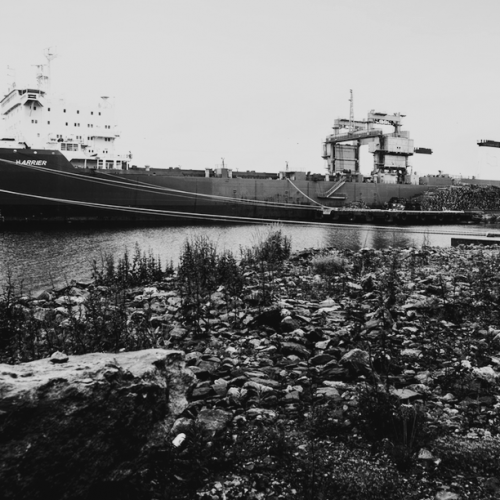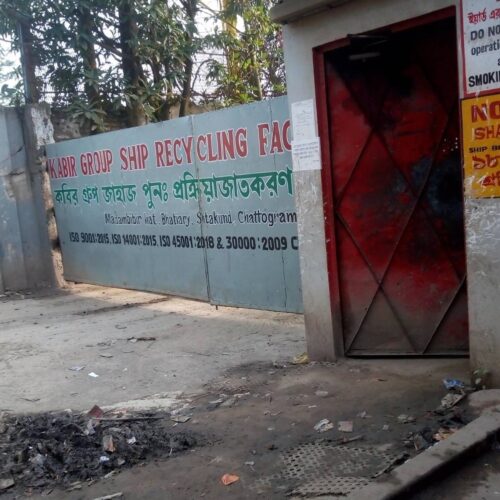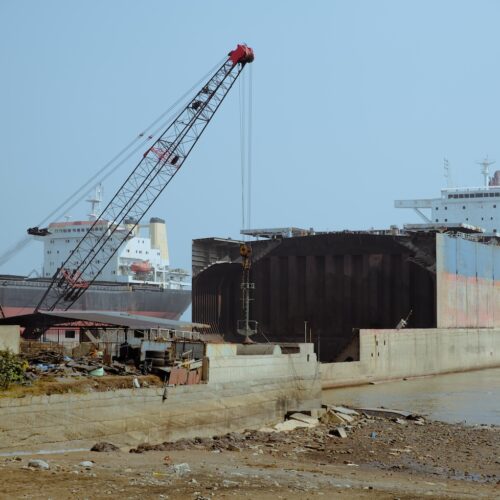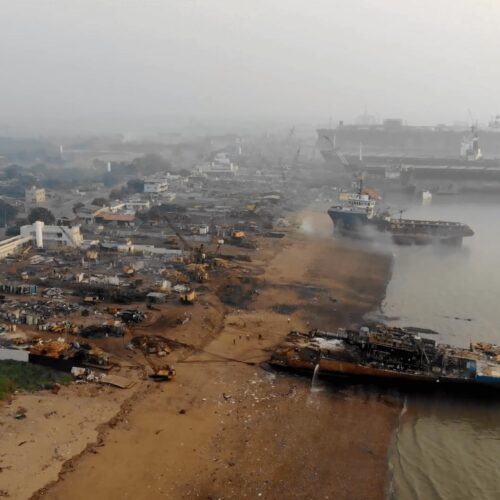Press Release – Human rights and environmental NGOs urge UNDP to ensure the clean and safe recycling of FSO Safer
In a letter addressed to the UNDP, the International Federation of Human Rights (FIDH), the Basel Action Network (BAN), and the NGO Shipbreaking Platform, representing a global coalition of human rights and environmental organisations, call for the recycling of the Floating Storage and Offloading (FSO) vessel SAFER in accordance with international law and UNDP's own ethical and sustainability policies.
The NGOs warn against the possibility of the FSO being scrapped at one of the notorious South Asian shipbreaking yards known for their poor working conditions and the irreversible harm their operations cause to public health and fragile ecosystems.

The FSO SAFER likely contains significant amounts of toxic substances and materials, including asbestos, mercury-contaminated oil residues and heavy metal-laden paints, that may cause damage to human health and the environment.
The UNDP must ensure compliance with the UN Basel Convention, which regulates the transboundary movement and disposal of hazardous wastes, and that the recycling of the FSO SAFER is carried out in a facility that respects international labour rights; guarantees full containment of pollutants via a dry-dock or equivalent infrastructure; and is capable of managing all hazardous materials onboard and embedded within the FSO’s structure in a safe and environmentally sound manner. In view of the vessel’s dire condition, precautions must furthermore be taken to avoid that the contaminated structure sinks during its transport to the recycling yard.

NOTES
[1] The FSO SAFER, carrying approximately 1.1 million barrels of crude oil, has been laid-up since 2015 due to the conflict in Yemen. Its deteriorating condition poses a severe risk of the vessel breaking and causing a massive oil spill to the Red Sea which would represent an ecological and humanitarian disaster. In response to this imminent threat, the United Nations have prompted collaborative efforts to cover the costs related to the removal of the oil onboard and preparation of the vessel for recycling. Donors, private companies and members of the public have so far contributed $100 million toward the UN plan to prevent the spill, and Dutch company Boskalis, via its subsidiary SMIT Salvage, has now been tasked with the removal of the oil from the FSO. Simultaneously, shipping broker Clarkson, on behalf of UNDP, is currently accepting bids for the towing and scrapping of the vessel.
[2] See the recent publication Breaking Out: Anchoring Circular Innovation for Ship Recycling by the NGO Shipbreaking Platform.
Related news

Press Release – Investigations on the Harrier tighten as it reaches Turkey for recycling
Norwegian press DN revealed this summer that Aqualis Offshore and insurance company Skuld Maritime Agency are under investigation for their involvement in the attempt to illegally export… Read More

Platform News – Maersk maintains beaching mantra and chooses to ignore facts revealed by Danwatch
After investigative journalists have revealed the severe short-comings of Maersk’s shipbreaking practices in Alang, India, the shipping giant blatantly disregards the findings. In an official statement, Maersk… Read More

Press Release – The Hong Kong Convention provides no roadmap for sustainable ship recycling
Today, the Hong Kong International Convention for the Safe and Environmentally Sound Recycling of Ships (HKC) officially enters into force.
... Read More
Press Release – Turkey demands new survey of massive toxic warship before import
Turkish authority Eyyüp KARAHAN, General Director of Environmental Management, wrote to Brazilian IBAMA, requiring a new IHM to be conducted prior the export.
... Read More
Press Release – Surge of accidents at yards owned by Kabir Group in Bangladesh
Since the beginning of 2022, out of the eighteen accidents that shook the Bangladeshi shipbreaking industry, six have taken place at yards owned by Kabir Steel Re-Rolling Mills (KSRM).
... Read More
Press Release – Stop South Korea’s toxic ship dumping
South Korean shipping companies continue to fuel environmental and human rights violations by offloading their end-of-life vessels on the beaches of South Asia for scrapping. Since 2020,… Read More


